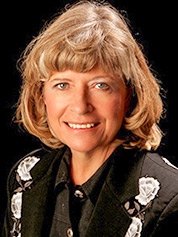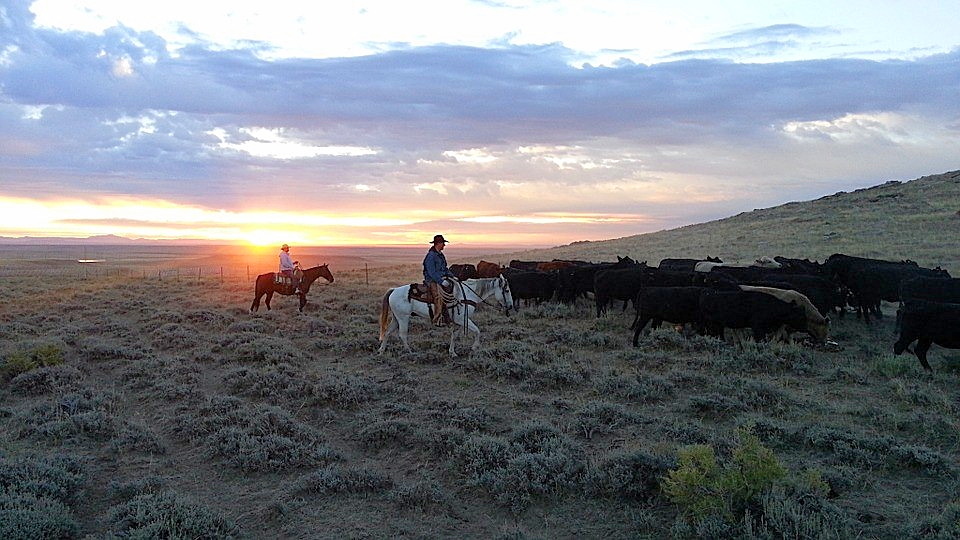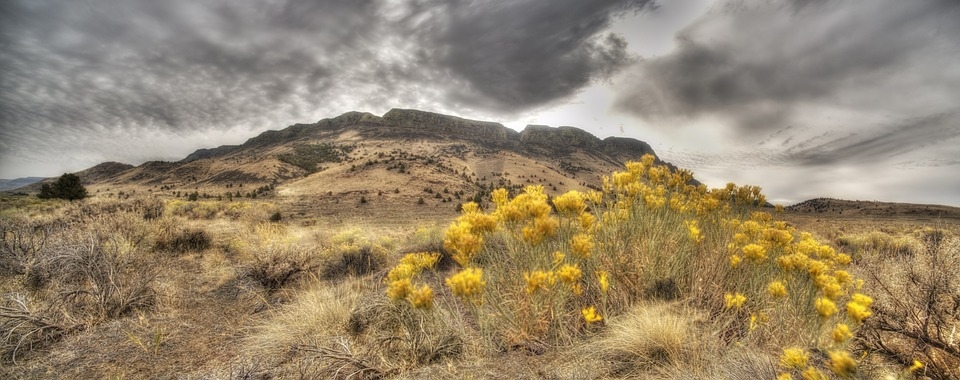Budd-Falen is well-known in the West for her work representing ranchers and is seen by some observers as a hero of the Sagebrush Rebellion, which has pushed for major changes to federal land control since the 1970s.
Jennifer Yachnin
Karen Budd-Falen, a Wyoming-based property rights attorney and member of the Trump administration’s transition team at the Interior Department, is in the running to take the helm of the Bureau of Land Management, according to sources in both the conservation movement and ranching industry.
A White House spokeswoman declined to confirm that President Trump has decided on a nominee for the post. Sources familiar with the selection said it would be unlikely to be made official until after Trump’s nominee for deputy secretary of the Interior, David Bernhardt, is confirmed.
In the meantime, Utah state Rep. Mike Noel (R), who heavily promoted his own interest in the BLM post after the November elections, praised the potential selection of Budd-Falen.

“If it’s Karen, she’d do an outstanding job,” Noel told E&E News. “She’s a champion for our issues.”
Noel acknowledged that he had actively sought the post, including a one-on-one meeting with Interior Secretary Ryan Zinke during his recent visit to the Beehive State, and said he would still like to serve the Trump administration in some capacity.
“I’m still interested in doing what I can for the president or for the secretary in any way I can help,” he said. “But it’s not about me, it’s about getting a job done, and Karen Budd-Falen is certainly well-qualified.”
A Wyoming native, Budd-Falen grew up as the fifth generation on her family ranch in Big Piney. She received her undergraduate and law degrees from the University of Wyoming before going on to spend three years in the Interior Department during the Reagan administration.
Budd-Falen did not return a request for comment this week.
In an interview with The Aspen Times in 2007, Budd-Falen acknowledged she was at times impatient with her work at Interior, where she served as a special assistant to the assistant secretary for land and minerals management, and later at the Mountain States Legal Foundation. Those postings prompted her decision to open her own law firm with her husband, Frank Falen.
“I like making decisions and then acting on it,” Budd-Falen told the newspaper. “I’m really cause-oriented, I really believe in ranchers and farmers and what they do. That’s the reason I went to law school. I don’t love the law. To me, the law is the way I’m helping the people I love.”
Recent press releases on the Budd-Falen Law Offices website tout the Trump administration’s review of dozens of national monuments, criticize the now-defunct Obama-era BLM Planning 2.0 rule and cheer Budd-Falen’s appointment to the transition team.
New ways to battle
Budd-Falen is well-known in the West for her work representing ranchers and is seen by some observers as a hero of the Sagebrush Rebellion, which has pushed for major changes to federal land control since the 1970s.
Mountain States Legal Foundation President William Perry Pendley said Budd-Falen’s background, as well as her efforts representing ranchers, rural residents and local governments across the West, make her a strong candidate for the post.
“She brings an understanding of how these policies affect people on the ground,” he told E&E News. “It’s not just some 30,000-mile-high attitude that we’re going to do this or we’re going to do that, and it will be good. She understands how these foolish policies affect people who work for a living and, frankly, the tiny communities that depend on them.”
In particular, Pendley pointed to Budd-Falen’s work on a case representing rancher Harvey Frank Robbins, who once owned a property in Hot Springs County, Wyo.
At the time Robbins bought the ranch in 1994, BLM had failed to record an easement on a road across the property it had struck with the previous owner. The road accessed a publicly owned area known as the Upper Rock Creek region.
Robbins refused BLM’s efforts to discuss a new right of way and faced what he saw as backlash for that decision in the form of citations for violations of grazing regulations, interference with cattle drives and even criminal charges after an altercation with a BLM employee, although a jury quickly declared Robbins not guilty in that case.
But Budd-Falen stepped in with a new way to push back against BLM, by suing the employees as individuals under an anti-racketeering law normally used against organized crime syndicates, the Racketeer Influenced and Corrupt Organizations Act.
At the time, Budd-Falen argued that the Fifth Amendment protects landowners against retaliation for excluding the government from their private property.
“You have lots of cases on First Amendment rights saying the federal government cannot retaliate against you for using your First Amendment rights, but there’s never been a case that the federal government can’t retaliate for using your Fifth Amendment rights,” she told E&E News in late 2006.
But while Budd-Falen claimed victory in the 10th U.S. Circuit Court of Appeals, the Supreme Court ultimately rejected her argument in 2007.
“She did a very good job on that,” Pendley said. “Regrettably, not all of the justices agreed with her.”
Watersheds case
More recently, Budd-Falen gained attention for her work to stop the Western Watersheds Project by filing a case in Wyoming state court alleging the environmentalists trespassed on private land to collect water samples.
The case was settled in 2016 after two years of wrangling in court, with both sides ultimately claiming a victory.
Under the settlement, Western Watersheds agreed to abstain from driving on private roads where federal rights of way are in doubt.
Free Range Report
[wp_ad_camp_3]




Karen Budd-Falen Would be a great choice to head BLM. Her work on the Equal Access to Justice Act, as well as these other cases, show that she could turn around some of the mistake of the recent years!
Trump will most likely pick her . Smart and easy on the eyes too . Win – win !